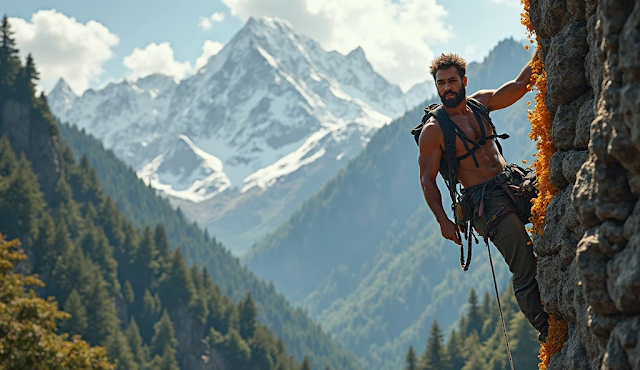Discover how Pemba Dorje Sherpa shattered the Mount Everest speed record, ascending from base camp to summit in just 8 hours and 10 minutes. Explore his journey, training, and legacy.
URL Slug: pemba-dorje-sherpa-fastest-everest-ascent
Introduction
Mount Everest, the world’s highest peak, has long been a symbol of human endurance. While most climbers take days to summit, Pemba Dorje Sherpa redefined the limits of possibility by ascending from base camp to the summit in 8 hours and 10 minutes in 2004. This blog dives into his unparalleled achievement, the controversy it sparked, and what it means for mountaineering.
Why Pemba Dorje Sherpa’s Record Matters
Redefining Human Potential: His feat challenges perceptions of physical and mental limits.
Sherpa Legacy: Highlights the critical role of Sherpas in Everest expeditions.
Speed vs. Safety: Sparks debates on balancing speed with safety in high-altitude climbing.
The Historic Climb: Breaking Down the 8-Hour 10-Minute Journey
Preparing for the Impossible
Training Regimen: Pemba’s background as an ultra-marathon runner and seasoned climber.
Route Mastery: His deep familiarity with the South Col route.
Gear & Strategy: Lightweight gear, oxygen use, and solo tactics.
Timeline of the Fastest Everest Ascent
4:00 AM Start: Departure from South Base Camp (17,600 ft).
Khumbu Icefall: Navigated in record time, avoiding bottlenecks.
Summit Push: Reached the summit at 12:10 PM, battling altitude and fatigue.
Controversy & Validation
Guinness World Recognition: Official acknowledgment despite disputes.
Critics’ Claims: Lack of GPS tracking and witness verification.
Pemba’s Defense: “My connection to Everest is spiritual; the mountain knows my truth.”
The Physical and Mental Challenges
Hypoxia: Climbing without extended acclimatization.
Weather Luck: A rare clear window with minimal wind.
Mental Fortitude: Pemba’s mantra: “Speed is focus; hesitation is death.”
Pemba Dorje Sherpa: The Man Behind the Record
Early Life: Born in Nepal’s Rolwaling Valley, a hub for Sherpa climbers.
Career: Over 20 Everest summits as a guide and record-holder.
Philanthropy: Advocates for Sherpa rights and mountain conservation.
Impact on Mountaineering
Inspiring Speed Climbs: New generation of climbers targeting speed records.
Ethical Debates: Should speed prioritize safety?
Sherpa Recognition: Increased global appreciation for Sherpas’ expertise.
FAQs About the Fastest Everest Ascent
Has anyone beaten Pemba’s record?
No. His 2004 record remains unbroken, though others claim faster times (e.g., Kilian Jornet’s 26-hour base-to-summit in 2017).How dangerous is speed climbing Everest?
Extremely. Rapid ascents increase risks of HAPE, HACE, and falls.Why do Sherpas excel at high-altitude climbs?
Genetic adaptations, lifelong altitude exposure, and cultural familiarity.
Conclusion: A Legacy Carved in Ice
Pemba Dorje Sherpa’s 8-hour 10-minute ascent isn’t just a record—it’s a testament to human audacity. While debates persist, his achievement underscores the synergy between Sherpa wisdom and unyielding determination. As Everest climbing evolves, Pemba’s story remains a beacon of what’s possible when skill meets sheer will.
Call to Action
Inspired by Pemba’s journey? Share this post or explore our guide to Everest Base Camp Treks. Subscribe for more stories on mountaineering legends!
Fastest Everest ascent, Pemba Dorje Sherpa record, Speed climb Mount Everest, Base camp to summit in 8 hours, Sherpa mountaineering legacy.

.jpeg)
.jpeg)





0 Comments